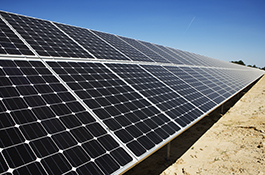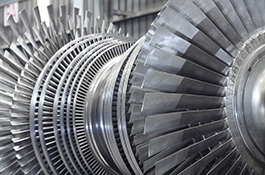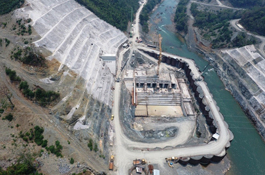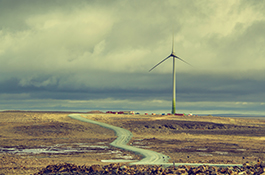
Utility Grade Microgrid Controller Development
Clean, reliable energy for remote communities and isolated electrical grids
Natural Resources Canada (NRCan) | Canada | 2013-2016
90 million+ litres of diesel
power Canada’s remote communities annually
power Canada’s remote communities annually
C$0.8/kWh is the cost of electricity
in parts of Canada's North
in parts of Canada's North
50% less fuel consumption
possible with renewable power integration
possible with renewable power integration
Challenges
- Electricity is prohibitively expensive in Canada's remote communities because so many are not connected to main electrical grids. They must rely on diesel power, which comes with considerable risks to the environment, like spillage and carbon emissions due to the burning of this fossil fuel.
- A commercially viable utility-grade control system could help solve this problem by enabling high-penetration renewable power (wind or solar photovoltaic) to be integrated into remote, isolated electrical grids.
- This new technology can help manage diesel, renewable, and energy storage assets by enabling the most economical operation of the microgrid to minimize fossil fuel consumption.
- 这将有助于提高质量和可靠性f the power supply and reduce power outages by compensating for the variability in the renewable resource.
Solutions
- Advanced academic research is now being merged into a robust engineering solution using renewable power. This can adapt to the specific needs of remote or isolated communities to provide the most economical energy supply.
- A state-of-the-art microgrid control system offers real-time optimization to economically dispatch power system assets based on renewable and load forecasts. It can provide subcycle responses to power system disturbances to enhance power-system supply reliability, and determine the optimal size and management of energy storage systems.
- The implementation of pilot projects is underway in select locations.
Highlights
- 孵化led the project in collaboration with the University of Toronto, University of Waterloo, Hydro One Networks Inc. and the remote off-grid community of Kasabonika Lake First Nations (KLFN) located in Northern Ontario.
- The project team performed a year-long field measurement campaign at KLFN, and high-speed measurement and analyses of several photovoltaic farm and wind turbine systems.
- We relied on expertise that has been developed over many years on isolated power systems, remote mines in particular, to ensure the power system was robust and stable. The team conducted dynamic hardware-in-loop simulations of controlled microgrids with renewable integration and energy storage to model remote sites operated by Hydro One.
- The microgrid controller allows for the high penetration of renewable power into off-grid communities, including periods of diesel-off. This reduces fuel use by more than 50%, and the cost of electricity is commensurately reduced as well.
- Learn more about theecoENERGY Innovation Initiative.
Project Numbers
Enabling more than 50% reduction in fossil fuel consumptionApplicable to about 290 remote communities in Canada
More than 450 MW of installed fossil fuel generation
What's your challenge?
Related Projects
bob华体会
British Columbia, Canada

Mesquite Solar 1
United States of America

Al Taweelah Alumina power and steam integration
United Arab Emirates

Oxec II Hydroelectric Project
Guatemala

Rainy River Solar
Canada
See All




